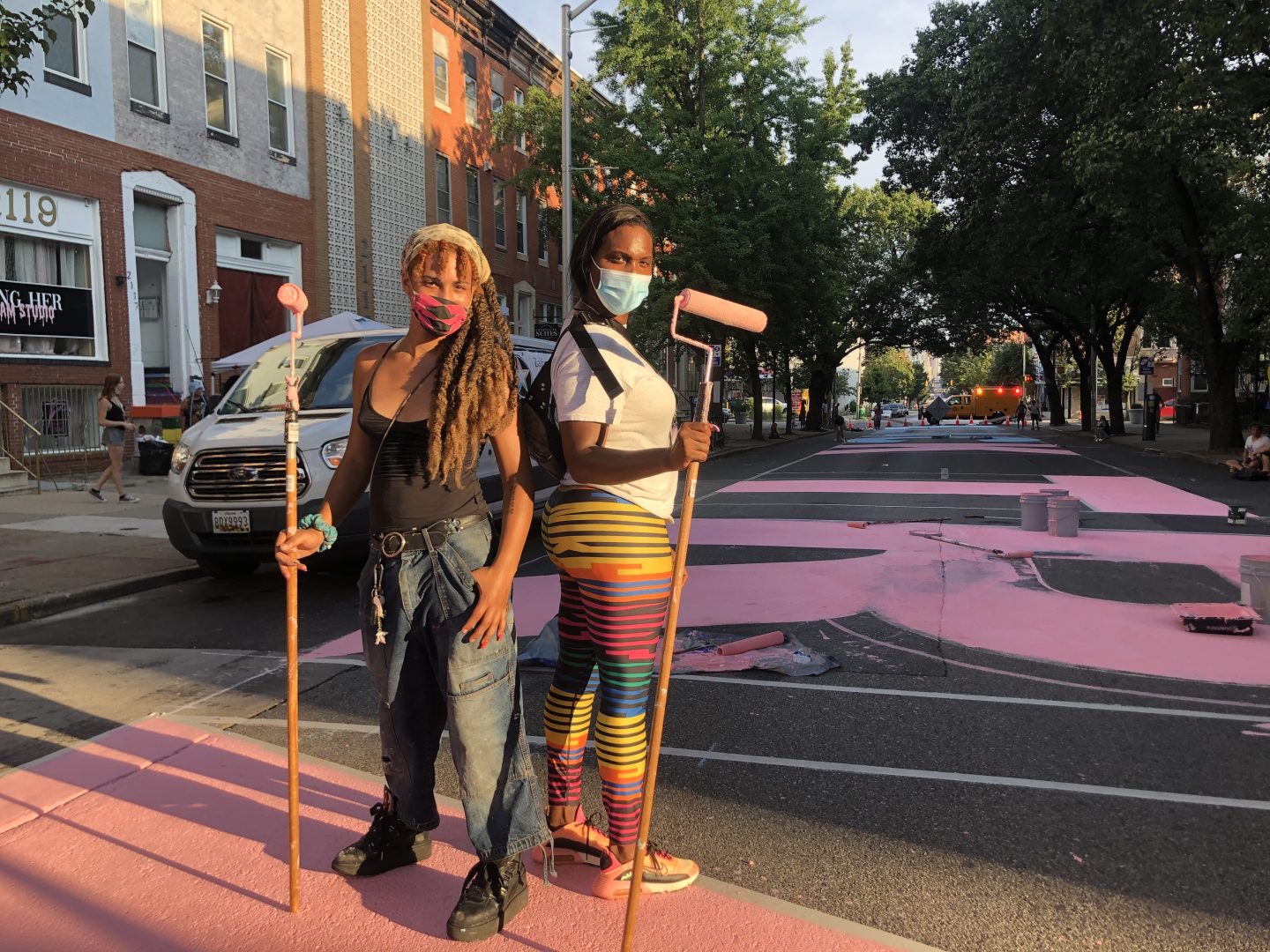Dear Reader,
It is no secret that philanthropy was designed with little consideration of whether there would be space where I could find safety, community and agency.
A seat at a table where my philanthropic counterparts were not discussing their commitment to rescue some part of my identity through their giving and performative statements of solidarity. A room that has not found a reason to silence me because of its commitment to respectability, white supremacy or misogyny.
And while I have struggled to find that space that holds me in my entirety, I found refuge amongst familiar comrades: other current and former sex workers.
Sex worker–led spaces have consistently been what I have considered to be my movement homes. The frontlines across movements, from labor rights, racial justice, reproductive access, LGBTQ rights and gender equality, are being led and influenced by sex workers.
Our knowledge and experience have been vital in the work toward liberation and freedom from violence, and our presence continues to shift work in transformative ways. Despite the sector’s attempts to cast sex workers into the shadows, we are in fact your program officers, development coordinators and movement engagement managers.
Unfortunately, criminalization, violence and stigma have led to philanthropy silencing sex workers, erasing our contributions to the sector and leaving sex worker-led movements under-resourced.
From 2015–2019, sex workers received less than 1% of all human rights funding. This is a result of the sector treating sex workers and those in the sex industry as something parallel to the work that foundations have committed to, something far beyond the invisible funding lines that they have drawn. In actuality, there is not a single issue or movement that does not center or intersect with the oppressions that sex workers face.
National Committee for Responsive Philanthropy (NCRP) is proud to feature just a few of the sex worker–led funding and movement initiatives that help move society closer to doing more for those who are marginalized, underserved and disenfranchised.
“Funder Lessons from 4 Years of Resourcing Sex worker–led Organizing and Grantmaking at the Sex Worker Giving Circle” by Christian Giraldo, program officer at Sex Worker Giving Circle at Third Wave Fund, highlights the truths and realities of “who keeps us safe.”
The Sex Worker Outreach Project Los Angeles (SWOP LA) introduces its work that references “how a lack of funding impacts sex workers is in how it displaces us from coordinating our own research into our own lives and communities.”
In “Trans and Sex Worker Justice Needs Steady Allyship,” Maddalynn Sesepasara at the Kua’ana Project demands that “the absence of funding for trans-led and sex worker-led organizations who have decriminalization advocacy in their portfolio ensures that the battle for organizational survival will have to be simultaneously waged on multiple fronts.”
“Be Fund(ed) or Die: The Precarity of Sex Worker Organizing” by Red Schulte, with contributions and considerations from The Support Ho(s)e Collective, is about the importance of “accompliceship, not charity” and names the “potential for participatory programs led by communities directly impacted to shift the discourse away from voyeuristic donor-driven charity and into accompliceship and wealth redistribution.”
We hope you hear the storytellers from the frontlines of sex worker–led initiatives and use them as a resource and guide to allocate more funds to the work they are committed to.

In Solidarity,
Brandi Collins – Calhoun
NCRP Movement Engagement Manager
